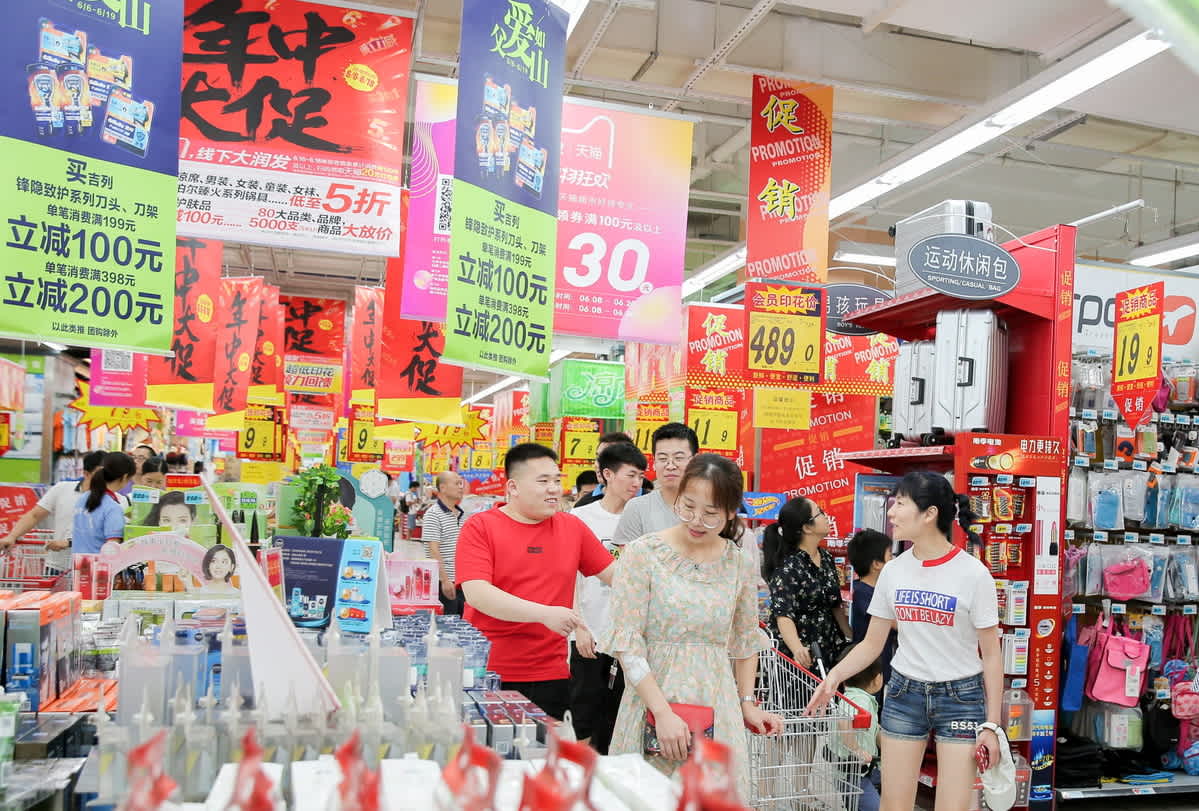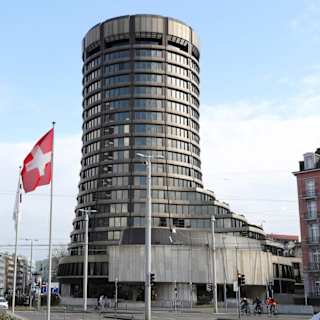- Consumer Spending Shows Momentum
- Skepticism Amid Structural Challenges
- Long-term Transition Strategy
Premier Li Qiang expressed confidence today in China's ability to maintain rapid economic growth while transitioning from a manufacturing powerhouse to what he called a "mega-sized consumer market," speaking at the World Economic Forum's Summer Davos meeting in Tianjin.
"We are confident in our ability to maintain a relatively rapid growth rate for China's economy," Li said, emphasizing China's push to become a "major consumption powerhouse" built on its manufacturing foundation. The remarks come as Beijing pursues an ambitious 5% GDP growth target for 2025 amid intensifying global trade tensions.

China's retail sales surged 6.4% year-on-year in May, marking the fastest growth since December 2023 and accelerating from April's 5.1% increase12. The National Bureau of Statistics attributed the growth to government trade-in programs, the "618" shopping festival, and expanded visa-free entry policies1.
Sales of household appliances and related goods jumped 53% in May, contributing 1.9 percentage points to overall retail growth1. Consumer spending contributed 44.5% to China's economic growth in 2024, surpassing investment and exports34.
Beijing has deployed extensive policy support to boost consumption this year. In March, the government unveiled a 30-point plan focusing on income enhancement and consumption subsidies5. Chinese banks were ordered to expand consumer lending as part of the consumption drive6.
Despite government optimism, most analysts expect China to struggle reaching its 5% target without resolving U.S. trade tensions12. The International Monetary Fund projects China's potential growth could slow to around 3.8% between 2025-2030 without major reforms3.
Consumer confidence remains fragile, with McKinsey research showing 36% of respondents experiencing "job anxiety"4. Annual consumption growth is expected to reach just 2.3% in 2025, similar to 2024's 2.4% pace54.
"More policy support for households could ease the transition to consumption-led growth, but the shift remains politically sensitive for the ruling Communist Party," according to the Economic Times1.
The consumption push represents China's attempt to reduce reliance on exports amid rising trade protectionism. Oxford Economics expects China's average annual GDP growth this decade to halve from previous decades to 4.5%1.
"We aim to help China transition from a major manufacturing power to a colossal consumer market," Li said. "This will open up vast and untapped markets for businesses from many countries"1.



